detail profile jay rosenblatt
Peran Yang Di Mainkan Jay Rosenblatt
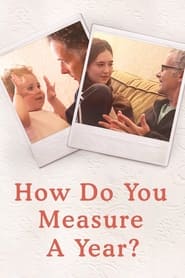 For 17 years filmmaker Jay Rosenblatt filmed...
For 17 years filmmaker Jay Rosenblatt filmed...How Do You Measure a Year? 2021
For 17 years, filmmaker Jay Rosenblatt filmed his daughter Ella on her birthday in the same spot, asking her the same questions. In just 29 minutes, we watch her grow from a toddler to a young woman with all the beautiful and sometimes awkward stages in between. Each phase is captured fleetingly but makes an indelible mark. Her responses to her father’s questions are just a backdrop for a deeper story of parental love, acceptance, and ultimately, independence.
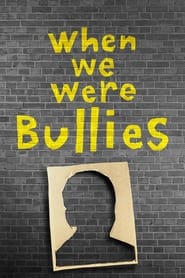 A mindboggling coincidence leads the filmmaker...
A mindboggling coincidence leads the filmmaker...When We Were Bullies 2021
A mind-boggling "coincidence" leads the filmmaker to track down his fifth grade class – and fifth grade teacher – to examine their memory of and complicity in a bullying incident fifty years ago.
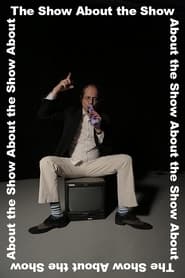 Independent Filmmaker Caveh Zahedi is trying...
Independent Filmmaker Caveh Zahedi is trying...The Show About the Show 2017
Independent Filmmaker Caveh Zahedi is trying to make a television show. He persuades BRIC TV, a Brooklyn non-profit Arts organization, to finance a television show whose premise is that every episode will be about the making of the previous episode. In the process of creating the show, everything can-and does-go wrong. The cast, a who's who of Brooklyn's independent filmmaking community, includes Alex Karpovsky, Eleonore Hendricks, Dustin Defa, and Onur Tukel.
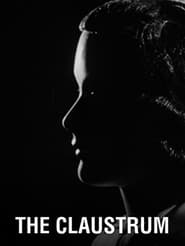 Three women are in enclosed psychological...
Three women are in enclosed psychological...The Claustrum 2014
Three women are in enclosed psychological zones that function as both refuge and jail.
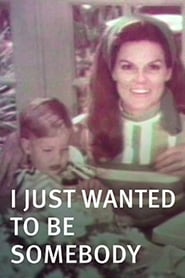 Newsreels commercials and home movies are...
Newsreels commercials and home movies are...I Just Wanted to Be Somebody 2007
Newsreels, commercials, and home movies are used to study the life and influence of Anita Bryant.
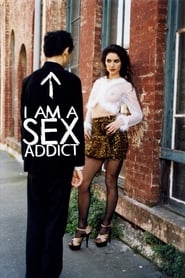 Just moments before his third wedding...
Just moments before his third wedding...I Am a Sex Addict 2005
Just moments before his third wedding, Zahedi relates with utter sincerity and astonishing candor his obsession with prostitutes. He retraces his romantic and sexual history, including his ideological commitment to open relationships, that led to two disastrous marriages and several very pissed off ex-girlfriends.
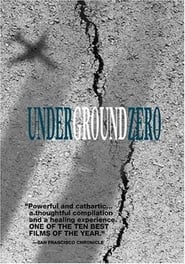 A collection of shorts made by...
A collection of shorts made by...Underground Zero 2002
A collection of shorts made by various directors in response to 9/11.
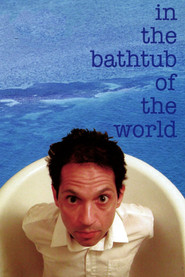 On January 1st 1999 Caveh Zahedi started...
On January 1st 1999 Caveh Zahedi started...In the Bathtub of the World 2001
On January 1st, 1999, Caveh Zahedi started a one-year video diary. The idea was to shoot one minute each day. This is the result.
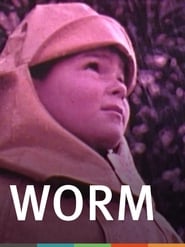 An offscreen narrator remembers a time...
An offscreen narrator remembers a time...Worm 2001
An off-screen narrator remembers a time he was five years old, walking to school in a heavy rain, wearing a yellow slicker and cap. He relates to us that a boy he'd never seen before ran up to him and said that it was raining worms. Our lad of five is on the cusp between believing anything he hears and entering the age of reason. He asks for proof. He holds out his hand.
 King of the Jews is a...
King of the Jews is a...King of the Jews 2000
King of the Jews is a film about anti-Semitism and transcendence. Utilizing Hollywood movies, 1950's educational films, personal home movies and religious films, the filmmaker depicts his childhood fear of Jesus Christ. These childhood recollections are a point of departure for larger issues such as the roots of Christian anti-Semitism.
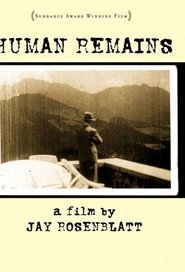 Human Remains is a haunting documentary...
Human Remains is a haunting documentary...Human Remains 1998
Human Remains is a haunting documentary which illustrates the banality of evil by creating intimate portraits of five of the 20th century's most reviled dictators. The film unveils the personal lives of Adolf Hitler, Benito Mussolini, Joseph Stalin, Francisco Franco and Mao Tse Tung. We learn the private and mundane details of their everyday lives -- their favorite foods, films, habits and sexual preferences. There is no mention of their public lives or of their place in history. The intentional omission of the horrors for which these men were responsible hovers over the film.
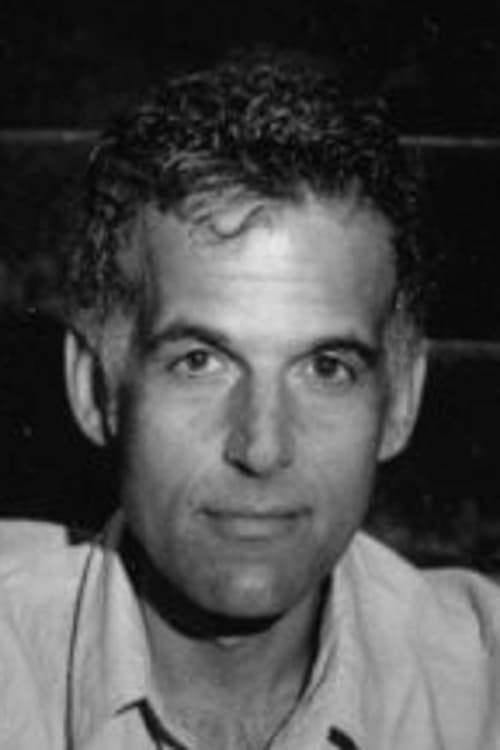
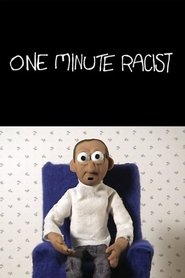 Caveh Zahedi tells the story of...
Caveh Zahedi tells the story of...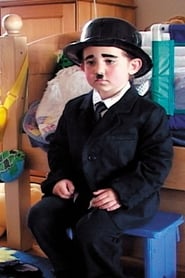 because its Halloween
because its Halloween